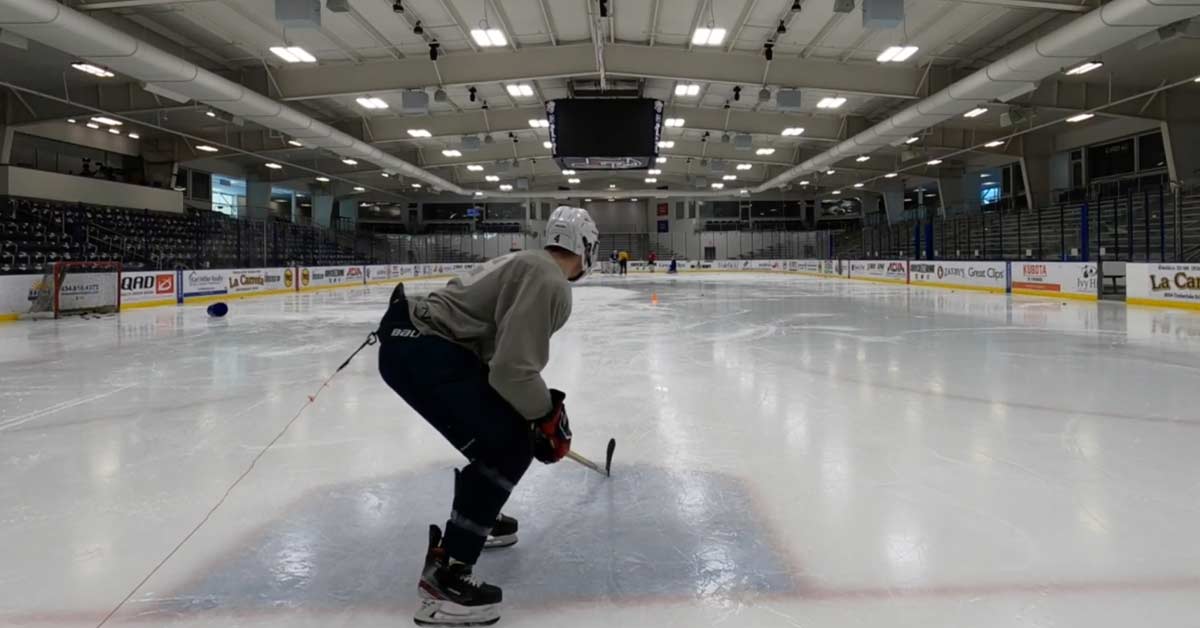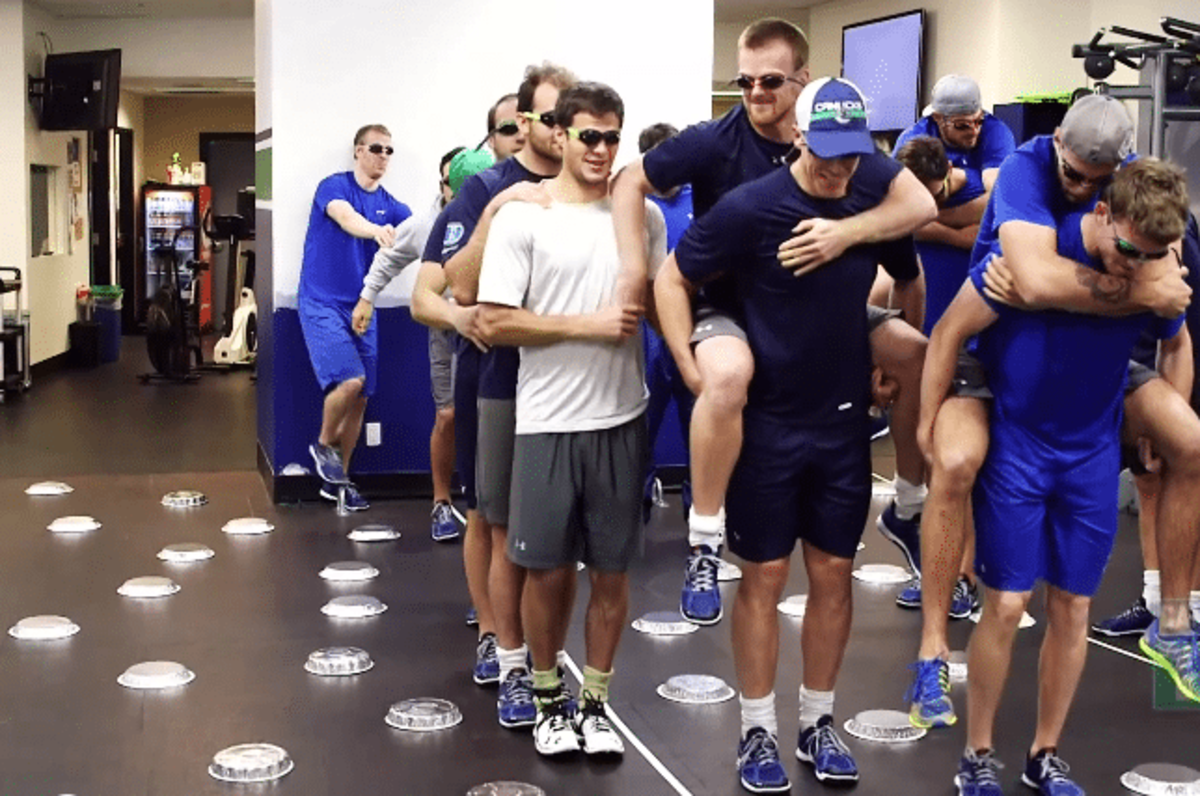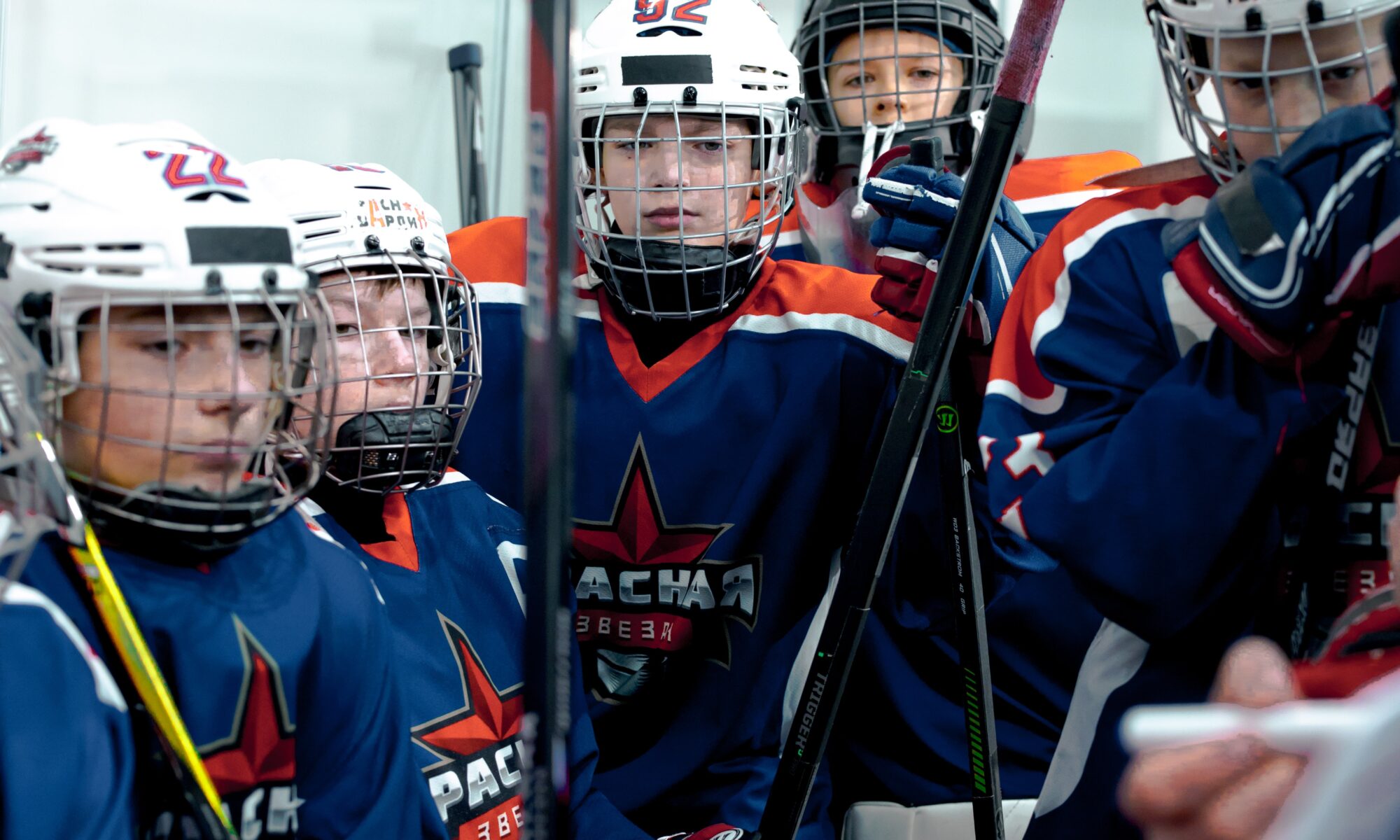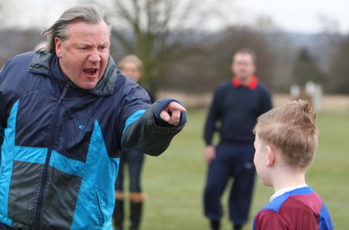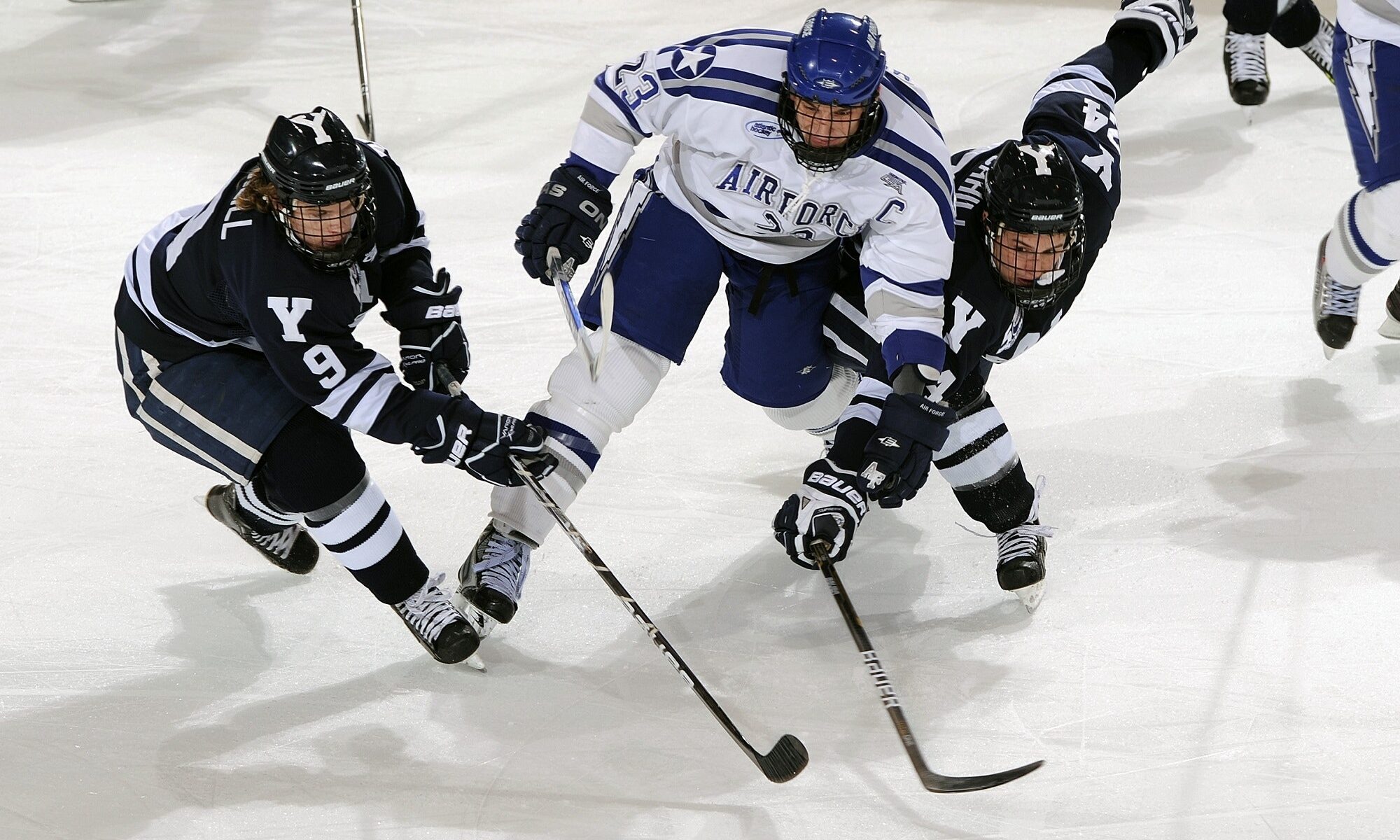The world of hockey has long been dominated by males, but that is quickly changing. With the growth of female hockey on the worldwide stage, more and more female coaches and players are entering the game. This surge in female hockey is creating an exciting new opportunity for women to take the lead in this sport. In this blog post, we will explore the rise of female hockey players on the worldwide stage and how they are creating stronger team cultures within their organizations.
Continue reading “The Rise of Female Hockey on the Worldwide Stage”How to Handle Problem Parents in Youth Hockey
Hockey parents are a key part of any youth hockey program. While most parents are understanding and supportive, some can become problem parents. As a coach, it is important to know how to handle these challenging situations in order to create a positive environment for the players. In this blog post, we will provide tips and strategies for how to handle problem parents in youth hockey.
Continue reading “How to Handle Problem Parents in Youth Hockey”The Fine Line Between Parental Involvement and Overstepping in Gen-Z Hockey Players’ Lives
In today’s world, GEN-Z Hockey players are faced with a unique challenge: how to balance parental involvement in their lives with the need for independence and autonomy. As parents, we often want to support our children, but at what point do we cross the line and become overbearing? This is a fine line, and one that requires great care and thoughtfulness when it comes to decisions that involve our GEN-Z Hockey players. I’ve physically witnessed job interviews where parents either sat in or literally did the interview without the kid even being there. In this blog post, we’ll explore the importance of finding the right balance between parental involvement and allowing kids to take ownership of their own lives and decisions.
Continue reading “The Fine Line Between Parental Involvement and Overstepping in Gen-Z Hockey Players’ Lives”Sprint-Based Hockey: The Key to Developing Explosive Speed and Agility
Hockey is an explosive, fast-paced game that requires a high level of speed and agility to be successful. Sprint-Based Hockey is a method of training that focuses on developing these attributes in players by limiting their movement area and implementing short sprints with short rest times. By gradually increasing the length of skating durations and using longer rest times, coaches can help their players develop explosive speed and agility. In this blog post, we will explore the benefits of Sprint-Based Hockey and how it can help hockey players improve their game.
Continue reading “Sprint-Based Hockey: The Key to Developing Explosive Speed and Agility”Closer The Better – The Importance of Tight Spaces For Hockey Team Bonding
Team bonding is an integral part of developing a successful hockey culture. When done correctly, team bonding activities can be a great way to strengthen relationships between teammates and build a strong sense of camaraderie. One key factor to consider when creating team bonding activities is the use of tight spaces. By cramming teammates into tight spaces, it can create an environment of vulnerability and connection that is essential for effective team bonding. In this blog post, we will explore the importance of tight spaces in hockey team bonding and how to create activities that maximize these benefits.
Continue reading “Closer The Better – The Importance of Tight Spaces For Hockey Team Bonding”How Rookie Parties in Hockey Can Cross the Line into Sexual Abuse
Rookie parties in hockey have a long history of tradition, but when they cross the line into sexual abuse, it can have damaging consequences. Such was the case when I was 17 years old when a couple of teammates on the U18 hockey team were accused of hiding in the closet and videotaping another player having sex with his girlfriend. This incident serves as a reminder that coaches need to be aware of the potential risks and teach young players how to conduct themselves in these potentially dangerous situations because they can have a life alternating effect. In this blog post, we will take a closer look at how rookie parties in hockey can become instances of sexual abuse.
Continue reading “How Rookie Parties in Hockey Can Cross the Line into Sexual Abuse”Hockey Practice: When Your Drill Plan Falls Apart
As a hockey coach, it can be extremely frustrating when your drill plan falls apart during practice. Every coach wants their drill plans to be executed perfectly, but sometimes no matter how much you communicate the instructions, your players just don’t seem to get it. It’s a difficult situation to be in for any hockey coach, but it’s important to remember that effective coach communication is key to successful drills. In this blog post, we’ll look at what to do when your drill plan falls apart and how to avoid it in the future.
Continue reading “Hockey Practice: When Your Drill Plan Falls Apart”Why Parents and Coaches Need to Re-Evaluate Their Priorities in Youth Hockey
When it comes to youth hockey, parents and coaches should be re-evaluating their priorities to focus on development over competing. Despite hockey development models not introducing the train-to-win phase until U18 levels, many parents and coaches are prioritizing winning at the U7 levels. This can be a detrimental practice, as it often takes away from the development of the players and can lead to serious issues such as burnout and a lack of motivation.
Continue reading “Why Parents and Coaches Need to Re-Evaluate Their Priorities in Youth Hockey”From Fear to Friendship: The Evolution of Junior Hockey Teammate Introductions
The idea of hazing, or rookie hazing, has been an ever-present part of junior hockey since its inception. It was traditionally used to instill fear in the team’s newcomers and often resulted in resentment among players. However, in recent years, coaches have been steering away from this old-school approach and replacing it with a more welcoming introduction for rookies. Instead of hazing, team captains now help rookies with their luggage and equipment, setting a friendly and supportive tone for the season ahead. In this blog post, we’ll explore the evolution of junior hockey teammate introductions from fear to friendship.
Continue reading “From Fear to Friendship: The Evolution of Junior Hockey Teammate Introductions”The Dangers of Focusing Solely on Top Players in a Sports Team
As coaches, it is easy to focus solely on the performance of our top players, believing that their high energy levels will result in success. However, this could be a dangerous mistake if not done with caution, as it can create negative energy among the rest of the team. Neglecting the other players on the team can lead to a lack of team unity, and ultimately, a decrease in performance. In this blog post, we will discuss the dangers of focusing solely on the top players in a sports team.
Continue reading “The Dangers of Focusing Solely on Top Players in a Sports Team”



